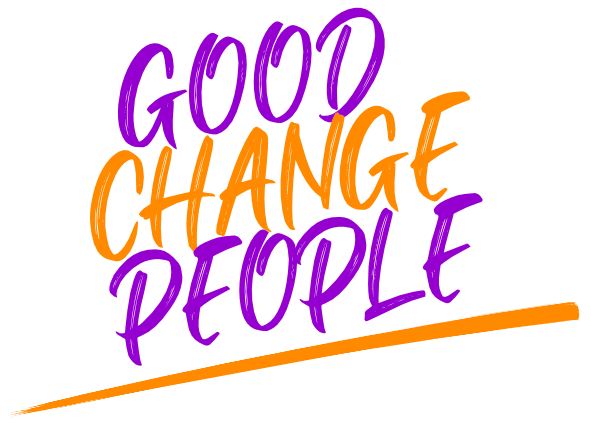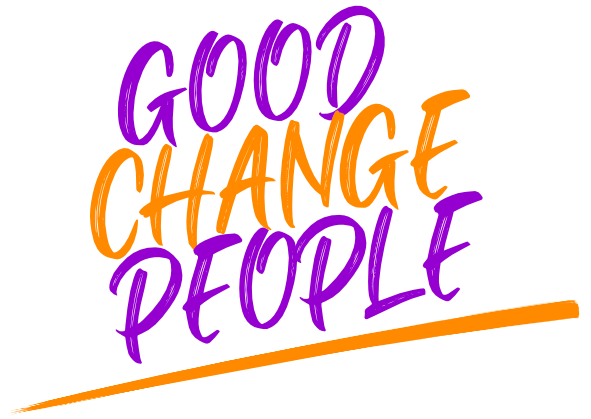As we move further into 2025, the pace of organisational change shows no sign of slowing. From digital transformation and hybrid working models to sustainability demands and shifting customer expectations, leaders are under pressure to navigate a business landscape that is constantly in flux. In such an environment, the ability to manage change effectively is no longer a specialist function – it is a core leadership skill.
Organisations that treat change management as optional, or delegate it solely to project teams, risk falling behind. Those that embed it into leadership at every level, however, are far better positioned to thrive.
So why does change management matter so much now, and what does it look like as a leadership competency in 2025?
The new reality: Change as a constant
In the past, change was often treated as an event – something planned, communicated, and executed before returning to “business as usual”. Today, there is no “business as usual”. Change is continuous, overlapping, and often disruptive.
Leaders are no longer judged solely on their ability to deliver results in stable conditions. Instead, they are assessed on how well they can guide teams through uncertainty, maintain morale, and deliver outcomes even when the ground is shifting beneath them.
In other words, leadership effectiveness in 2025 is inseparable from change management capability.
Why Change Management is a core Leadership skill
1. Employees expect clarity and direction
With so many simultaneous changes – new technologies, shifting strategies, and external pressures – employees look to leaders for clarity. A leader who cannot explain what is changing, why it matters, and how people will be supported risks creating confusion, resistance, and disengagement.
Change management skills help leaders translate complex strategies into clear, relevant narratives that employees can connect with. This not only reduces uncertainty but also builds trust and alignment.
2. Resistance is natural – But it must be managed
Human beings are wired to seek stability. When faced with too much disruption, employees may resist change, consciously or unconsciously. Skilled leaders recognise resistance not as defiance but as a natural response to uncertainty.
Change management equips leaders with tools to address concerns empathetically, listen actively, and involve employees in shaping the transition. Leaders who can manage resistance constructively transform potential blockers into advocates for change.
3. Change fatigue is a real risk
In 2025, many organisations are dealing with overlapping transformations: digital innovation, restructuring, sustainability commitments, and more. Without careful pacing and prioritisation, employees can experience “change fatigue” – burnout caused by constant demands to adapt.
A leader with strong change management skills knows how to balance ambition with capacity. They can sequence initiatives, communicate realistically, and create breathing space where needed, ensuring that change efforts remain sustainable.
4. Communication is no longer one-way
Sending out memos and expecting buy-in is no longer enough. Employees expect open dialogue, opportunities to ask questions, and channels for feedback. Leaders who can facilitate two-way communication create a culture of transparency and inclusion, which is critical for successful transformation.
Change management as a leadership skill is not about polished speeches – it is about creating conversations that foster trust and engagement.
5. Agility is essential for competitiveness
Markets, technologies, and regulations evolve rapidly. Leaders who treat change as a linear process risk being left behind. Change management teaches leaders to embrace agility: to monitor progress, adapt strategies, and pivot when necessary.
By embedding agility into their leadership style, managers not only help their organisations respond to external pressures but also cultivate resilience within their teams.
What Change Management skills look like in leaders
So, what does it mean in practice for leaders to have change management skills? In 2025, the following competencies are essential:
- Vision and storytelling: Leaders must be able to paint a compelling picture of the future and explain how change contributes to organisational success.
- Empathy and emotional intelligence: Change is as much about people as it is about processes. Leaders must recognise and address the emotional impact of transformation.
- Communication and listening: Skilled leaders communicate clearly but also create space for dialogue, feedback, and co-creation.
- Prioritisation and pacing: Leaders need to judge when to push forward and when to pause, ensuring employees do not burn out.
- Coaching and support: Guiding individuals through change requires ongoing encouragement, recognition, and development opportunities.
- Adaptability: Perhaps most importantly, leaders must model flexibility themselves, showing that they can learn, adjust, and thrive in uncertain conditions.
Building Change Management into leadership development
If change management is to be a core leadership skill, organisations must build it into their leadership development frameworks. This means moving beyond technical training or strategic planning programmes to include practical, people-focused competencies.
- Scenario-based learning: Leaders should practise managing real-world change scenarios, from restructuring to digital rollouts, so they can test approaches in a safe environment.
- Mentoring and peer learning: Sharing experiences across functions and industries helps leaders learn from diverse perspectives.
- Feedback and reflection: Encouraging leaders to seek feedback on how they manage change builds self-awareness and continuous improvement.
- Integration with strategy: Change management should not be a bolt-on. It must be embedded into how leaders are expected to deliver results and manage performance.
By institutionalising change management within leadership development, organisations ensure that their leaders are prepared for the realities of 2025 and beyond.
The payoff: Resilient, future-ready organisations
When leaders view change management as a core skill, the benefits extend across the organisation:
- Higher employee engagement: Employees feel informed, involved, and supported, reducing resistance and attrition.
- Faster adoption of initiatives: New systems, processes, or strategies are embraced more quickly and effectively.
- Stronger resilience: Teams develop the confidence and skills to adapt to future disruptions.
- Sustainable success: Organisations achieve long-term objectives rather than wasting resources on failed or stalled initiatives.
Ultimately, change-ready leadership enables organisations to turn uncertainty into opportunity.
Conclusion: Leadership for the future
In 2025, the ability to manage change is not optional – it is fundamental to effective leadership. As organisations face continuous transformation, leaders must be more than strategists or decision-makers; they must be communicators, coaches, and change agents.
Change management is no longer the responsibility of a dedicated team or function. It is a leadership skill, a cultural expectation, and a critical driver of organisational success. Leaders who embrace this reality will not only guide their teams through the complexities of today but also position their organisations to thrive in the challenges and opportunities of tomorrow.





